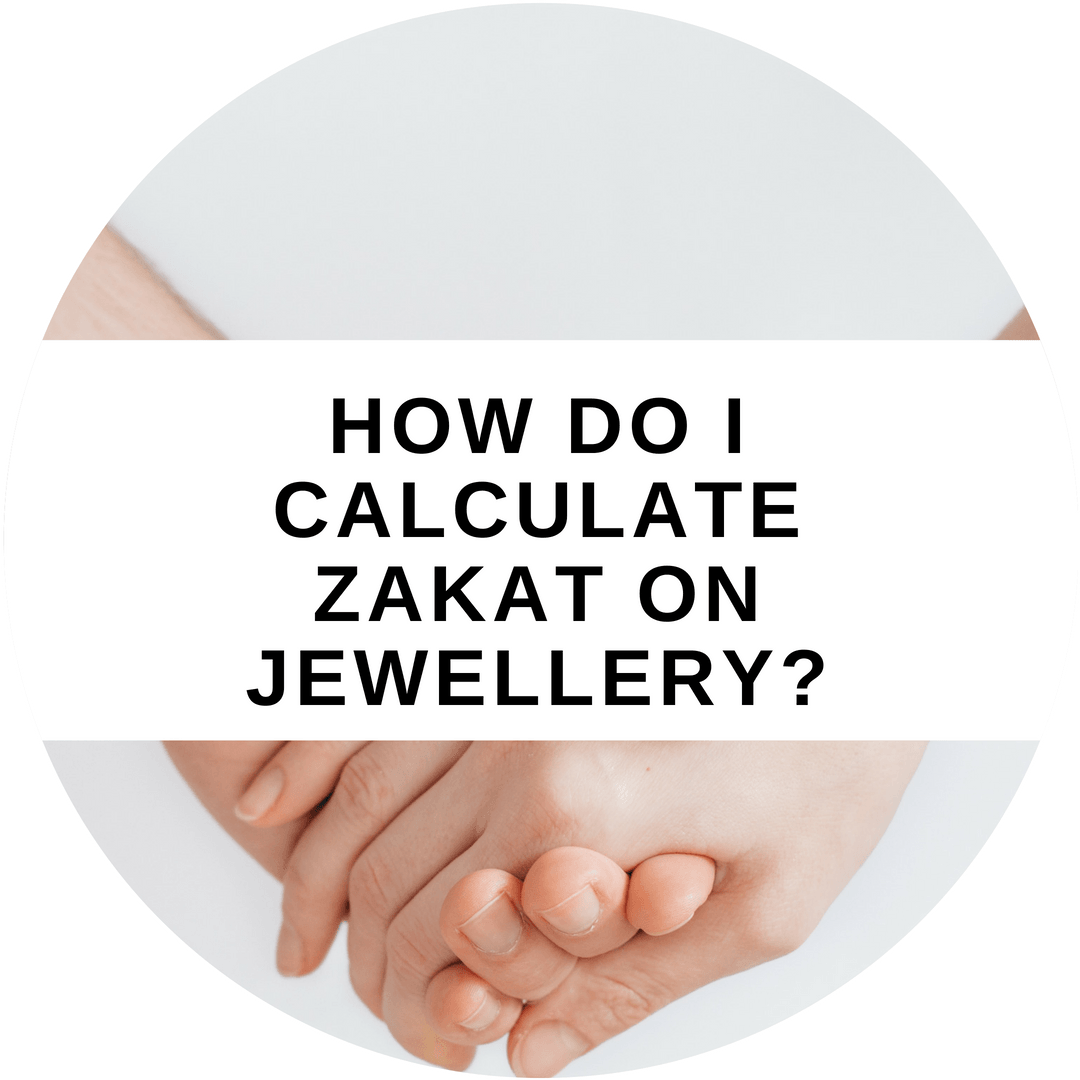Over the past few weeks we have been receiving a considerable amount of enquiries about Zakat on Jewellery and specifically how it is calculated. So we have decided to write a blog post about it to help inform those who are unsure. If you would like further information, please do not hesitate to call us on +44 208 767 7627.
What is Zakat?
In Islam offering Zakat is one of the five pillars of Islam. It is a charitable contribution that every adult, mentally stable and financially able Muslim has to offer in order to support those less fortunate.
Zakat is obligatory when a certain amount of money, called the nisab is reached or exceeded. Zakat is not obligatory if the amount owned is less than this nisab. The nisab threshold for gold is 87.48g (3 ounces or 7.2 Tolas / Boris' / Voris') and the nisab threshold for silver is 21 ounces (612.36g) or their cash equivalent.
Zakat is based on giving 2.5% of total savings within a lunar year. These savings include cash in hand, income earned on investments, funds currently in bank accounts and precious metal objects (e.g. Gold or Silver) There is no Zakat due on platinum or palladium or other precious metals apart from gold and silver. Diamonds and gemstones (pearls, sapphires, rubies, corals, etc) are also exempt from Zakat.
Zakat on Jewellery
Calculating Zakat on your jewellery is often seen as being complicated and can leave people confused. This is mainly due to a lack of concise and clear information on the subject.
If your jewellery is made up of a mixture of metals you are only required to pay Zakat if half or more of them are gold or silver.
It is permissible to give actual gold and silver in Zakat. For example, if someone has gold jewellery that weighs 100 grams, they can give 2.5 grams of gold as Zakat on the jewellery. Any gold and silver that you have should be weighed separately.
If there are diamonds, gemstones, pearls etc, set within your gold or silver jewellery and you need to find out the weight of the precious metal - the best way to do this is to take your jewellery items to a professional jeweller. A professional jeweller will have the knowledge and experience required to assess the weight and quality of the gems and will be able to give you the best approximate weight of the stones without having to remove them from the jewellery.
It is also permissible to pay Zakat in cash. This is done by giving the market value of 2.5% of the weight of the jewellery in Zakat. For example, if someone has gold jewellery that weighs 10 grams, they will have to give the market value of 0.25 grams (i.e. 2.5% of 10 grams) of gold as Zakat. Hence, if the market value of gold is £38* per gram (*as of 24th March 2021), they will have to pay £9.50 (0.25 x 38) as Zakat.
The calculation for Zakat on Gold & Silver is as follows:

Giving Zakat is important. Ensuring you give the right amount you are liable for is equally important. In order to calculate your own Zakat payable please use this Zakat Calculator from Islamic Relief
References
Islamic Relief - https://www.islamic-relief.org/
National Zakat Foundation - http://www.nzf.org.uk/
Islamic Aid - https://www.islamicaid.com/
Muslim Aid - https://www.muslimaid.org
© Minar Jewellers, 2021. Unauthorized use and/or duplication of this material without express and written permission from this site’s author and/or owner is strictly prohibited. Excerpts and links may be used, provided that full and clear credit is given to Minar Jewellers with appropriate and specific direction to the original content.












